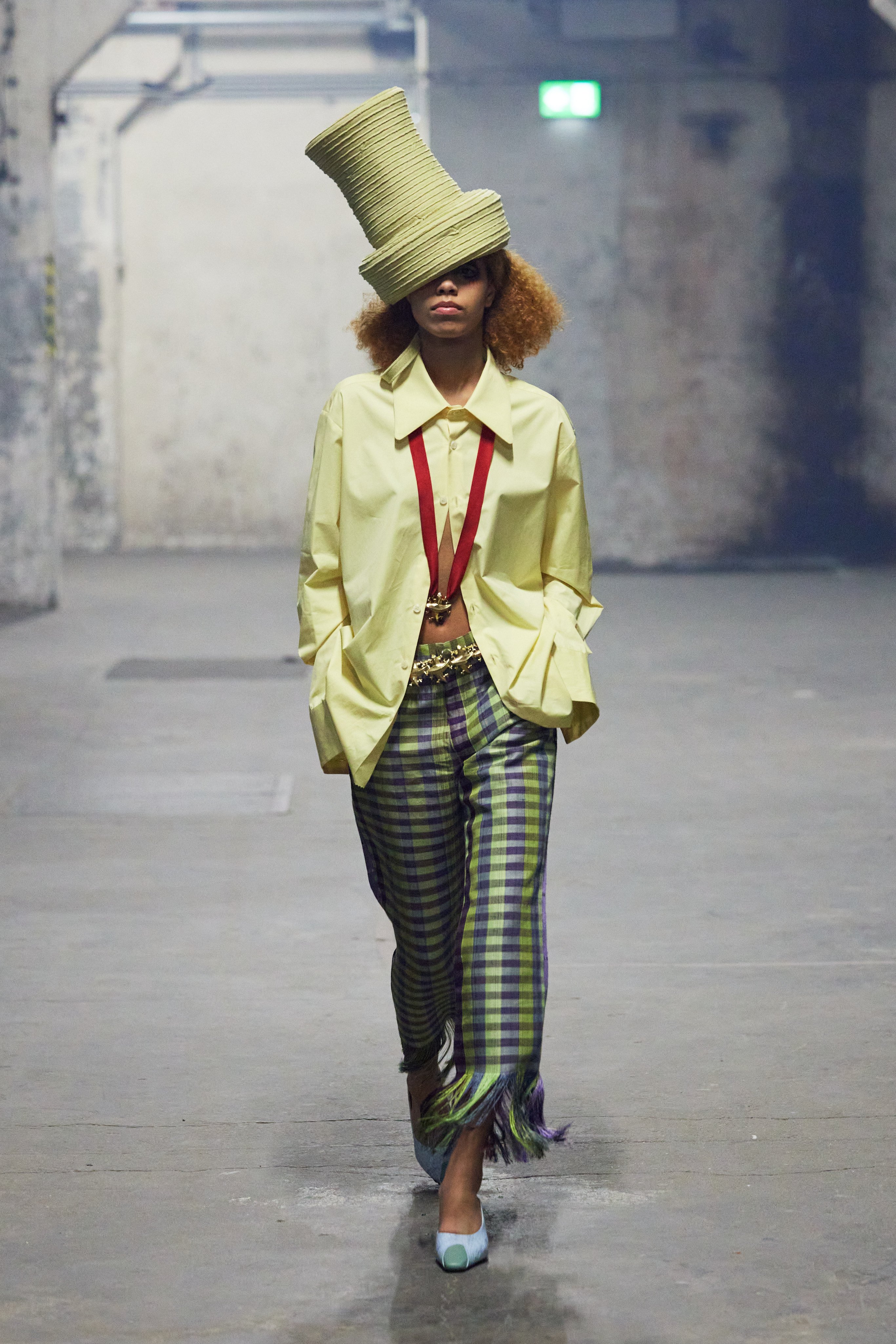A rising culture of baby mamas, uncontrollable male sexual urges and cheating schemes
On March 18th 2022, the first episode of ‘Young, Famous & African’ arrived on our screens and the new Netflix reality TV show aroused a lot of mixed emotions amongst the general public, proving to be yet another problematic but promising Netflix special; the best recipe for these types of entertainment-driven TV programs. Not only did the show portray successful, established, well-off natives of the African continent, but also, for many members of the diasporic community, this was their first opportunity to view an unfavoured narrative after years of disdain towards Africans prevailing in Western countries.
A show produced by British-Ghanaian television producer Peace Hyde, the original cast consisted of Khanyi Mbau, Annie Macaulay–Idibia, Zari Hassan, Andile Ncube, Nadia Nakai, Swanky Jerry, Naked DJ and Tanzanian singer Diamond Platnumz. In season 2, the cast was extended to Bonang Matheba, Fantana, Sebabatso Mothibi and Rosette Ncwana. At first, the storyline mainly focused on the famous casts’ careers, with the usual mix of friendship drama and egotistical run-abouts. The show then progressed into several so-called entanglements, while Idibia’s and 2Baba’s complex marriage took most of the screen time. On the surface, ‘Young, Famous & African’ appeared like your normal, everyday reality television series filled with complicated romance, fallouts, rivalries and unnecessary drama. It was not until one watches a few other Netflix TV shows of the same calibre that you began to notice a pattern.
Whether it is in music, films or TV shows, black communities across the world are deprived from positive depiction of love and family structures. With the very few exceptions of popular American series such as ‘The Fresh Prince of Bel-Air’, the now infamous sitcom ‘The Cosby Show’, and as of late, ‘Black-ish’, the entertainment industry majorly offers examples of unhealthy relationships, single-parent household and sex maniacs who can not seem to keep their sexual desires in their pants. As if the hypersexualization of black males wasn’t already bad enough, they are often used to place women against one another and to push false agendas that the black female, especially of a darker skin-tone, is undesirable and romantic-wise inferior to their white counterparts.
Today, nuclear families are becoming less and less common, with the divorce rate having doubled since the 1960s in Europe and almost 50% of black marriages in America ending in divorce. Interestingly, the divorce rate in South Africa follows close behind with a wapping 42.5%, making it the highest number of divorcees in the entire continent. Amongst the young generation, avoiding marriage altogether while demonising committed relationships is currently on trend, and although the media may not be a direct cause of this behaviour, it surely seems to encourage it.
‘Young, Famous & African' particularly follows the same dilemma, placing emphasis on the hookup culture, while completely dismissing relational virtues such as maturity, respect, dignity and modesty as part of committed relationships. In fact, the Netflix series fails to showcase a single stable relationship throughout the duration of two seasons, continuously reinforcing that black individuals are incapable of committing to one another and settling in monogamous acts.
A year before the start of ‘Young, Famous & African’, Netflix unveiled a very similar popular series entitled ‘Bling Empire’, a reality TV show about some of East Asia's elite working and living in Los Angeles. Although the majority of the cast were single or married in the past, the storyline mainly focused on their friendship and creative works in their respective fields. When male candidate Kevin Kreider begins to show an interest in other cast mates, his intentions are visibly pure, longing for a committed relationship and lasting connection. Despite their malentendu with other members, one of the main married couples of the show, Dr. & Christine Chiu, their fidelity for another one is never questioned, while focusing on their journey of struggling to extend their family.
Quickly followed the release of ‘Dubai Bling’ in October 2022, another reality TV show where the focal point was the luxurious lifestyle of Arab millionaires living in the city of Dubai. Contrary to the common narrative on these typical shows, only 3 of the casts were actually single, with an exceptional case as key candidate Loujain Adada was widowed in 2016. Throughout the season, not once is it spoken of hookups; but instead, the importance of marriage, family, parental figures are vocalised, the privacy between couples are respected and not one of the male candidates express an irresistible desire of lust to the opposite sex. Arguably, the male casts are far more emotionally intelligent than their wives, making it a vast difference of portrayal from the male members on YF&A.
A similar occurrence between both shows is a potential cheating scandal however, they have been interpreted entirely differently by the public and production team. When a rumour of Idibia’s husband's continuous cheating is revealed, the situation is met with scrutiny, whereas on reality show Dubai Bling, when the main character Zeina Khoury questions her husband’s fidelity, it is dealt with utmost modesty. On this occasion alone, you can see a vast difference on how a black woman with an unfaithful husband is portrayed versus other cultures.
The essence of a reality TV show is entertainment. Even though a large amount of it is scripted and edited in a way it favours the narrative the producers are trying to create, it does not mean that some of these narratives aren’t harmful and can not have real-life consequences on impressionable and vulnerable communities. As the film enthusiasts are more open to different parts of the world and learning about new cultures, it is important for Netflix producers to show a truthful side of the continent, embracing all of the gifts it has to offer while highlighting exemplary individuals who represent the African beauty.
.svg)







.png)

